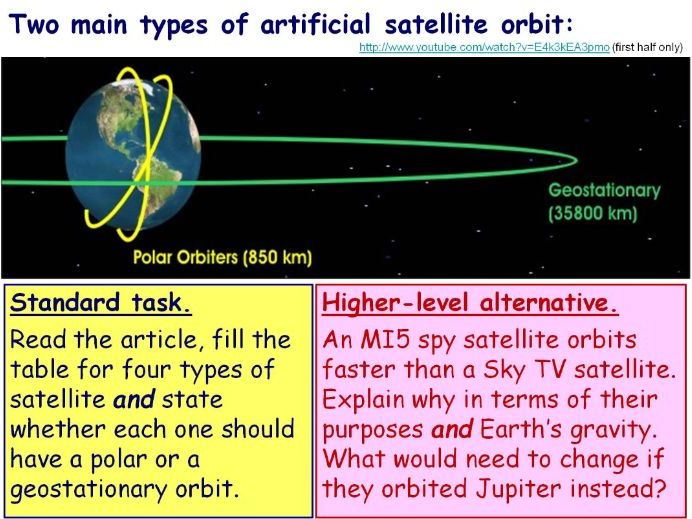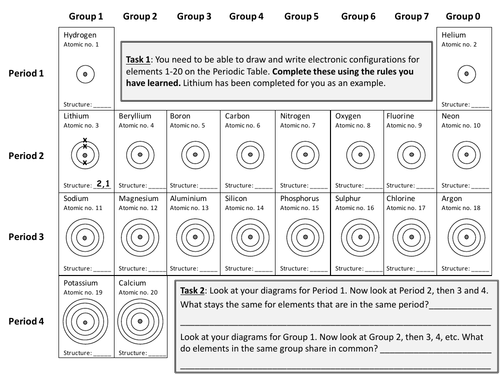OnSpecScience
Full lesson PowerPoint presentations covering the entire GCSE 9-1 Chemistry curriculum are available here. My lessons have been created specifically to meet all specification points on the Pearson Edexcel GCSE 9-1 Chemistry course (for Combined and Separate Science). A range of KS3 lessons are also available, all of which have been updated for the current version of the KS3 curriculum. See my bundles to get even better value for money. Please leave reviews if you find these resources useful!




















